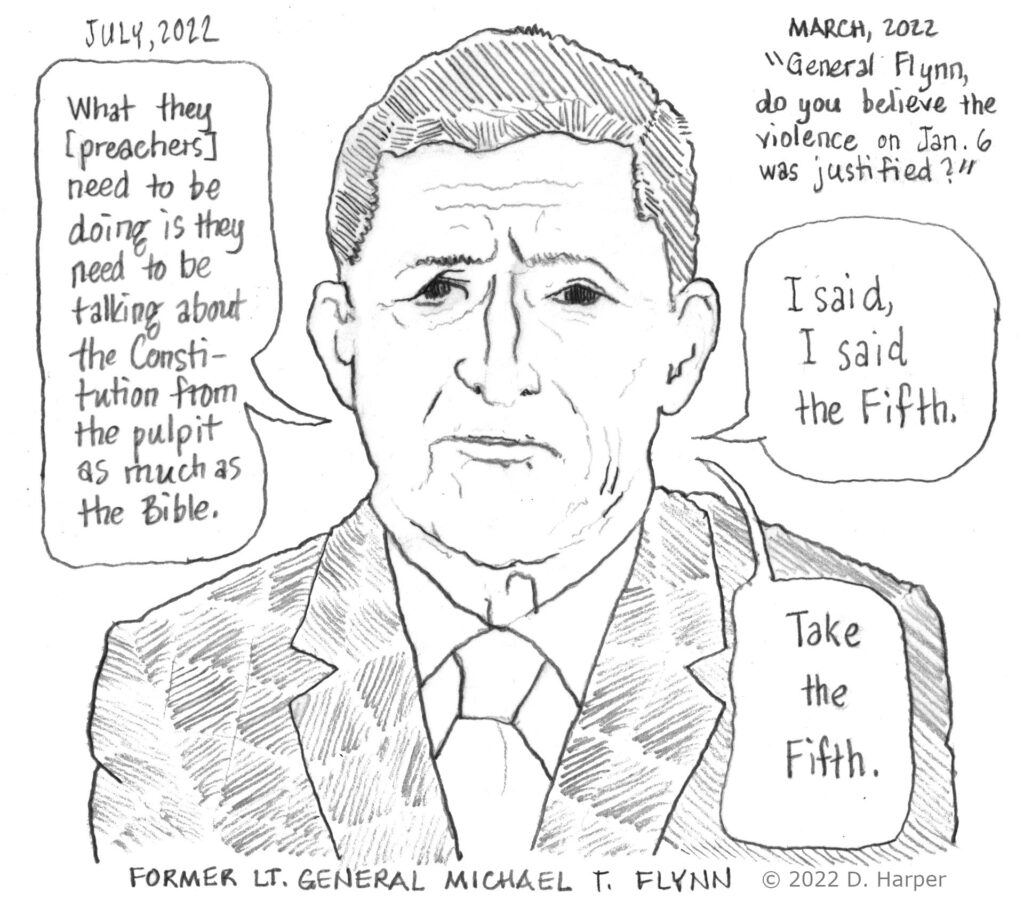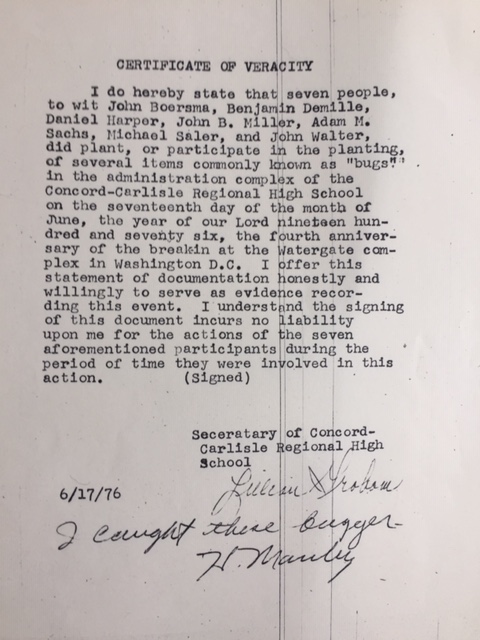Judge Heather A. Welch, of the Marion Superior Court, Indiana, has issued a preliminary injunction against Indiana’s new anti-abortion law, SEA 1. The state of Indiana had previously passed the Religious Freedom Restoration Act, which strengthens protections for the freedom to practice religion. Following the passage of SEA 1, Hoosier Jews for Choice and several anonymous plaintiffs sought an injunction, claiming that because of their religion (or lack of religion) they sincerely believed that life does not begin at conception. Thus, preventing them from having an abortion would violate their freedom to practice their religion.
In the Findings of Fact in the Order of Preliminary Injunction, Judge Welch reviews the beliefs of several religious traditions regarding when personhood begins (section III. B., pp. 8 ff.). Welch reviews the beliefs of five religious traditions: Judaism, Islam, Unitarian Universalism, Paganism, and Episcopalianism. The judge finds that all five of these religious traditions have beliefs that do not place the beginning of personhood at the moment of conception.
Judge Welch’s summary of Unitarian Universalist beliefs is only two paragraphs long. For those of us who are Unitarian Universalists, those two paragraphs are worth reading:
“iii. Unitarian Universalism
“23. The Unitarian Universalist community has long supported reproductive justice. (Declaration of Reverend Catherine Josephine Romano Griffin ¶ 7). A core belief of Unitarian Universalists is that every human being has inherent worth and dignity, which is an endowed right bestowed by the Creator. (Id. ¶ 8).
“24. Denying a pregnant person, the ability to obtain an abortion impinges on this endowed right. (Id. ¶ 10). Therefore, being denied the ability to obtain an abortion when a Unitarian Universalist believes the abortion is necessary breaks the covenant that adherents have to honor their own inherent worth and dignity. (Id. ¶ 11). In this situation, a Unitarian Universalist is directed to obtain an abortion to maintain the covenant. (Id.).”
(“Catherine Josephine Romano Griffin” is Katie Romano Griffin, who began serving as the minister of All Souls Unitarian Church, Indianapolis, this year.)
I’m interested to see how Judge Welch interprets one particular Unitarian Universalist belief. She writes: “that every human being has inherent worth and dignity, which is an endowed right bestowed by the Creator.” For someone like me, who spends way too much time thinking about Unitarian Universalist theology and philosophy, the last half of that sentence, “endowed right bestowed by the Creator,” is not correct. But I admit that it would take me several paragraphs to give a correct explanation of where inherent worth and dignity comes from. And then I’d have to write several more pages explaining why the word “inherent” needs to be carefully interpreted to avoid an inaccurate or even wrong understanding, and furthermore how understanding “worth and dignity” turns out to be far more complicated than it might appear. I think I’d also need to add several more pages explaining how the vagueness of the term “Creator” could lead to some fairly serious theological and philosophical misunderstandings.
But you know what? Judge Welch’s account is close enough for legal purposes.
One final comment: Even though I’ve long been uncomfortable with the Unitarian Universalist “seven principles,” I learned something from reading this ruling. As much as I want to revise the seven principles, there is enough specificity there to help a judge write a pretty good ruling.


